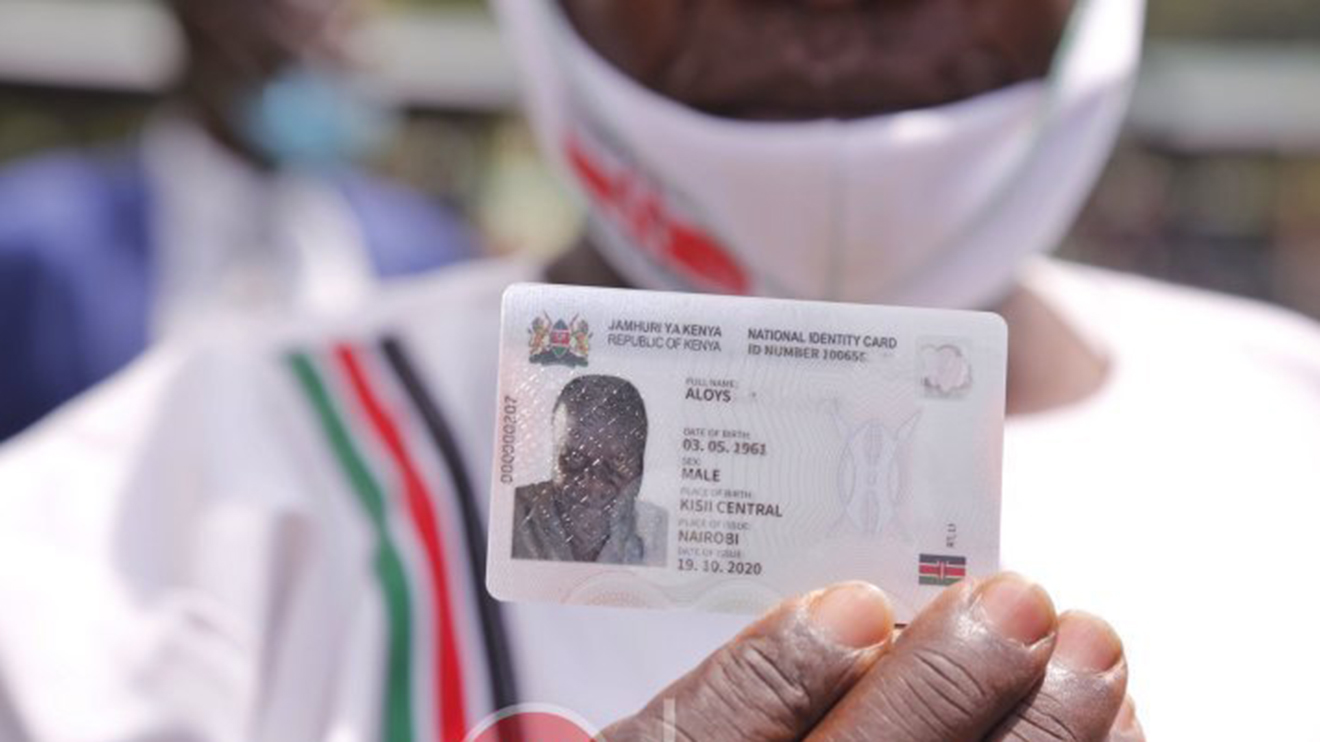The High Court has dealt a significant blow to the Kenyan government's plans to roll out the Maisha Namba digital Identification Cards (ID) this month, as it has suspended the registration and issuance of new IDs.
Justice John Chigiti, in a ruling, directed the government to halt the process, emphasizing the need for a comprehensive data protection impact assessment.
"The leave granted by the court operates as a stay restraining implementation or further implementation by any person of the respondents’ 1 November 2023 decision to roll out or pilot Maisha namba, including the digital card, digital ID, unique personal identifier, and a National Master Population Register before and without a data protection impact assessment per section 31 of the data protection Act," stated the judgment by Justice Chigiti.
The legal challenge was brought forth by prominent civil societies, including the Katiba Institute, Nubian Rights Forum, Kenya Human Rights Commission, and Defenders Coalition.
Their argument centred around the lack of adequate public participation and a comprehensive data protection framework, which they claimed undermined the legality of the Maisha Namba project.
Read More
The court's decision to suspend the digital ID rollout is a response to concerns raised by these civil societies.
They asserted that the government's decision to replace the existing Huduma Samba with Maisha Namba, championed by President William Ruto, was premature and lacked the necessary safeguards.
Maisha Namba, proposed as a replacement for the now-defunct Huduma Samba initiated during the tenure of retired President Uhuru Kenyatta, aimed to streamline identification processes and enhance efficiency.
However, critics argue that the rushed implementation without proper public engagement and data protection assessments poses a significant threat to citizens' privacy and violates legal protocols.
As the legal battle unfolds, the fate of Maisha Namba hangs in the balance.
The government now faces the challenge of addressing the court's directives and addressing the concerns raised by civil societies before proceeding with the rollout of the digital identification system.











